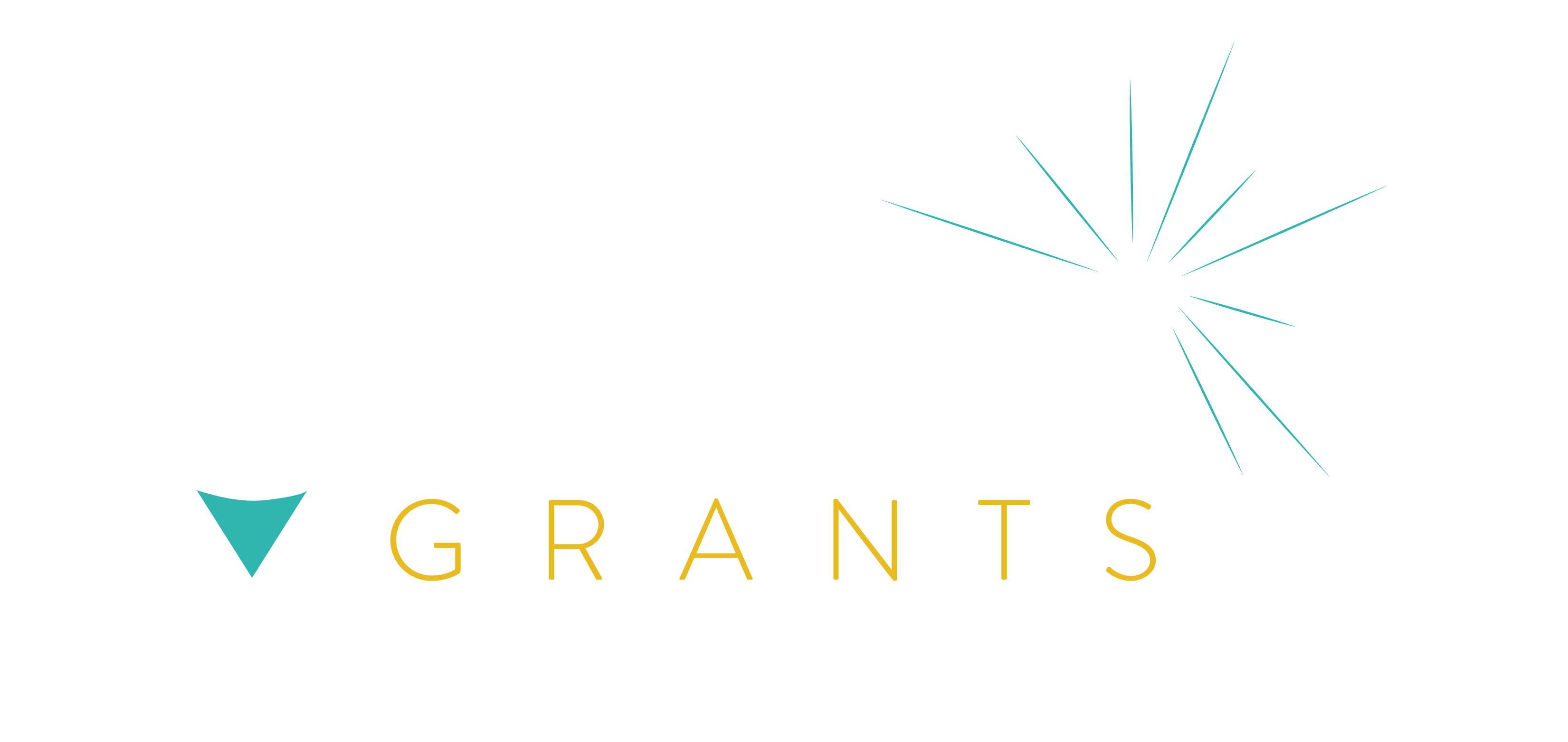Services
Capacity Building Assistance
Leadership Development and Education
Intersectional Advocacy
Research and Evaluation
Strategic Grantmaking
Health Department Initiatives
Capacity Building Assistance
To end this epidemic, we have to build a better HIV workforce in the South, one that (1) practices cultural humility, (2) understands the factors that contribute to our epidemic; and (3) embraces innovative models and messages that reflect what it means to be living with HIV today.
We can help! The Southern AIDS Coalition provides trainings and technical assistance to community-based organizations, government agencies, and healthcare delivery entities across the South. And remember, all of our trainings and technical assistance are provided free of charge.
Leadership Development and Education
We know that successful systemic change begins with leadership at the local level in support of critical issues that directly impact the health and wellness of our community. Nowhere is that more evident than within our own movement, where people living with HIV forever changed the course of the epidemic. We stood up and demanded services that were responsive to our needs and to the realities of our lived experiences. From the earliest days of the epidemic, our leadership has profoundly influenced the planning of HIV prevention and care services at the national, state, and local levels.
The leadership of PLHIV and our allies are now more important than ever, especially in the South, where widening HIV-related health disparities and inequities threaten the lives of our people and impede real progress toward ending the epidemic. Here at SAC, we are committed to building that next generation of effective and resilient leaders. That’s why we developed a series of trainings by and for Southerners living with HIV.
Intersectional Advocacy
We are building a movement in the South. One that is stronger, more inclusive of PLHIV, more representative of our diversity and, ultimately, more effective at demanding the systemic policy changes and strategic investments necessary at the federal, state, and local levels. We are working with allies across the South to demand real change, standing up for things like affordable health care, common-sense prevention strategies, and basic human rights. That’s how you end an epidemic.
Intersectional Advocacy
We are building a movement in the South. One that is stronger, more inclusive of PLHIV, more representative of our diversity and, ultimately, more effective at demanding the systemic policy changes and strategic investments necessary at the federal, state, and local levels. We are working with allies across the South to demand real change, standing up for things like affordable health care, common-sense prevention strategies, and basic human rights. That’s how you end an epidemic.
Research and Evaluation
We partner with the Center for Health Policy and Inequalities Research at Duke University (CHPIR) to compile data and conduct research on the impact of HIV on the South. We translate this research into action by using it to support our federal policy priorities, helping our advocacy networks develop evidence-based solutions for their states, and sharing our findings with PLHIV and their allies through presentations across the country.
We are also working with CHPIR to identify scalable and fundable interventions that are effective at reducing HIV-related stigma and capable of being replicated elsewhere in the South. We are currently piloting two interventions: LEAD Academy and Younity Workshop.
Strategic Grantmaking
Today, HIV is a chronic, manageable condition for many Americans. Despite significant progress in care and treatment, however, HIV-related stigma remains a significant challenge in the South. For those of us living with HIV, stigma is associated with negative health outcomes like poor medication adherence and missed medical appointments. As a result, fewer of us receive timely medical care and treatment, fewer of us have our virus suppressed, and too many of us are missing out on the opportunity to preserve our health and avoid transmitting the virus to our partners. For those of us at risk for HIV, fear of stigma and discrimination often impacts our willingness to even get tested.
Addressing stigma in all its forms – from our lawmakers, our providers, our communities, and even within ourselves – is essential to improving the health of people living with HIV and, ultimately, ending the HIV epidemic in the South. As a Gilead COMPASS Initiative Coordinating Center, we provide community grants to organizations across the South to do just that.
To get an overview of our grantmaking portfolio, please click here. To learn more about our grant opportunities, please click below.
SPARK! Grants
We know that the stigma we experience often results from ignorance, fear-based myths, and a general lack of awareness in our communities. Public marketing campaigns were once an important strategy for changing knowledge, attitudes, and behaviors around HIV and AIDS. Unfortunately, these campaigns and other community-level education initiatives are scarce in the Deep South, and their messages often do not reflect the landmark scientific advances that have transformed what it means to live with HIV. These campaigns and initiatives are key in removing the veil of shame and fear that has far too long existed around HIV prevention and care.
In response to the absence of such campaigns and education initiatives in the Deep South, the Southern AIDS Coalition introduced SPARK! (Southerners Promoting Awareness, Resources & Knowledge), a grant program to fund community-led campaigns and education initiatives across the Deep South. With this program, we are turning to you – community-based organizations with the ability to implement grassroots approaches to reach the communities you serve. Applicants will choose one of two tracks:
SPARK! Connections supports programs that combat social isolation and loneliness through virtual programming. Organizations are invited to apply for support to cover costs related to implementing virtual groups, 1:1 support, social media outreach, texting programs, and other means of engagement serving persons living with and impacted by HIV.
SPARK! Change supports community-level education addressing HIV-related stigma. Successful funded projects have ranged from media campaigns to community conversations. The common thread across successful projects has been the commitment to centering the voices of those living with and impacted by HIV in all aspects of project design and implementation.

Transformative grants
Our Transformative grants fund the design, implementation, and evaluation of interventions to reduce internalized HIV-related stigma (i.e., shame) in the Deep South. Ultimately, our goal is to identify scalable and fundable interventions that are effective and capable of being replicated elsewhere in the South.
Transformative Grants are focused on supporting the development and implementation of programs and activities that address the four programmatic focuses of the Gilead COMPASS Initiative® Coordinating Centers, including organizational capacity building; wellbeing, mental health, trauma-informed care, substance use, and telehealth; faith based advocacy; and HIV-related stigma reduction. The maximum amount an applicant can request is $100,000 (including overhead). Southern AIDS Coalition funds partners in HIV-related stigma reduction with a focus on supporting the design, implementation, and evaluation of those interventions to reduce HIV-related stigma.
Health Department Initiatives
We facilitate increased collaboration between health departments, HIV systems of care, and communities impacted by HIV. Across the Southern region, we provide technical assistance and capacity building services to support the implementation of Ending the HIV Epidemic (EHE) jurisdictions. In our work, we promote health equity principles that address existing HIV health disparities and improve the quality of care for all.
Learn more about our work by emailing us at [email protected].









